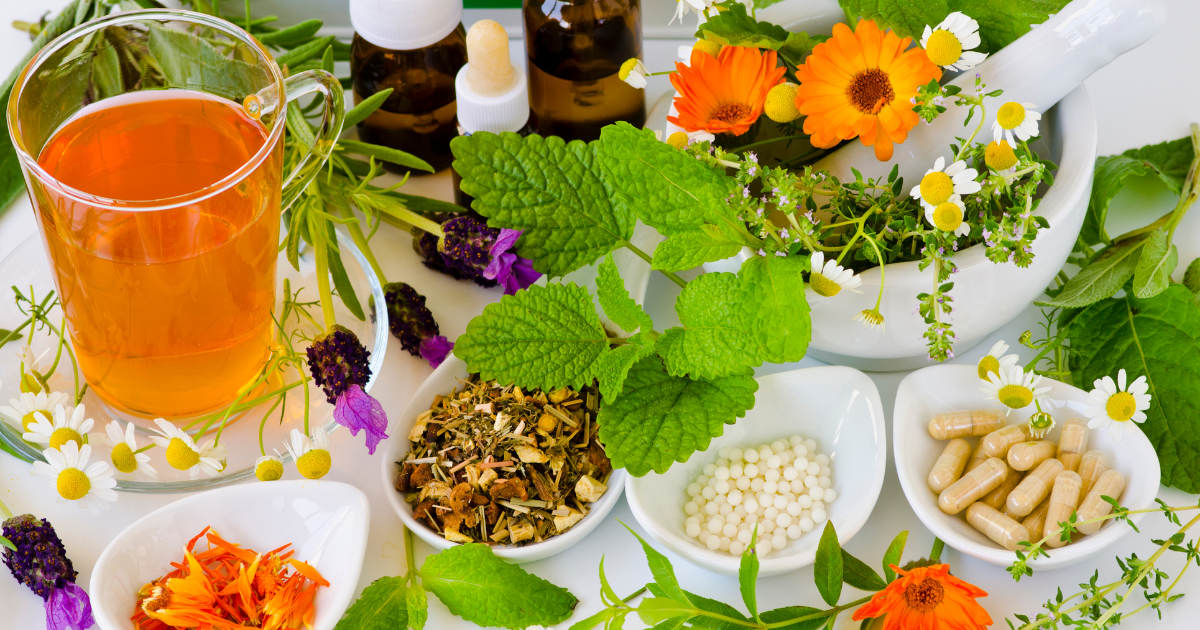8 Secrets to Never Getting Sick from Cold & Flu:- As the seasons change, a lot of individuals find themselves getting ready for the impending storm of colds and flu that is going to come their way. It is likely that it is difficult to totally avoid getting sick; nonetheless.
8 Secrets to Never Getting Sick from Cold & Flu
There are a number of tactics that you can implement to considerably lower the likelihood of getting sick. Here are eight useful secrets that will assist you in maintaining your health and resilience during the season of colds and influenza.
ALSO SEE : 10 Health Facts About Your Gut and What’s Going On
1. Strengthen Your Immune System

Your body’s first line of defense against infections is a strong immune system that is functioning properly. In order to strengthen your immune system, it is necessary to prioritize your overall health by maintaining a healthy diet, engaging in regular physical activity, and getting enough sleep.
Obtaining the vitamins and minerals that are necessary for optimal immune function can be accomplished by consuming meals that are rich in nutrients, such as fruits, vegetables, whole grains, and lean meats.
Certain nutrients, such as vitamin C, vitamin D, zinc, and antioxidants, play particularly essential roles when it comes to bolstering the defenses that your body has in place.
2. Stay Hydrated

Despite the fact that it is essential for the maintenance of your body’s functions, particularly the immune system, hydration is frequently taken for granted in conversations about health.
Water has an important role in the transportation of nutrients, the elimination of toxins, and the maintenance of mucous membranes, all of which are required for the entrapment of infections and the prevention of their entry into the body.
3. Practice Good Hygiene

The most effective way to protect yourself from viruses is to practice proper hygiene. It is possible to dramatically minimize the spread of germs by engaging in simple behaviors such as washing your hands often, particularly after being in public places.
For at least twenty seconds, wash your hands with soap and water, or use an alcohol-based hand sanitizer in the event that soap is not available. In addition, you should refrain from touching your face, particularly your eyes, nose, and mouth, as these are major entrance places for viruses.
4. Get Vaccinated

Getting vaccinated against influenza viruses is one of the most efficient strategies to protect oneself from getting sick. Every year, a vaccination is administered to protect against the influenza strains that are most prevalent during that particular season.
In the event that you do become ill, it has the potential to considerably lessen the severity of the sickness, even though it may not provide complete immunity. Consultation with a healthcare practitioner regarding vaccination can assist you in making well-informed decisions regarding what courses of action are most beneficial to your health.
5. Prioritize Sleep

Getting enough quality sleep is critical to maintaining a strong immune system. It is possible for your body to be less able to create cytokines, which are proteins that are essential for the fight against infections and inflammation, if you do not get enough sleep.
Aim to get between seven and nine hours of quality sleep every night to assist your body in recuperating and regenerating. The quality of your sleep can be improved by developing a pattern that helps you relax before going to bed.
6. Manage Stress Levels

Long-term stress can have a detrimental effect on the immune system, making it more vulnerable to experiencing illness. Cortisol is a hormone that, when produced in excess, can impair the immune system.
When you are under stress, your body creates more cortisol of this hormone. Discovering efficient methods to manage stress, such as practicing mindfulness, meditation, yoga, or participating in hobbies, can be beneficial to your general health and help you maintain a robust immune system.
7. Exercise Regularly

In addition to being advantageous for your body, engaging in physical activity is also necessary for the functioning of your immune system. Participating in regular physical activity helps to improve circulation.
Which in turn enables immune cells to travel around your body in a free and effective manner. Moreover, it has the potential to lessen inflammation and stimulate the creation of molecules that strengthen the immune system.
8. Consider Natural Remedies

A significant number of individuals seek out natural therapies in order to strengthen their immune system throughout the cold and flu season. Research has been conducted on herbal supplements, including echinacea, elderberry, and garlic.
Investigate the possibility that they have immune-enhancing qualities. Although further investigation is required, these treatments have the potential to supplement a healthy way of life.
It is important to seek the advice of a qualified medical practitioner before beginning the use of any new supplements, particularly if you are currently taking medication or have preexisting health concerns.
